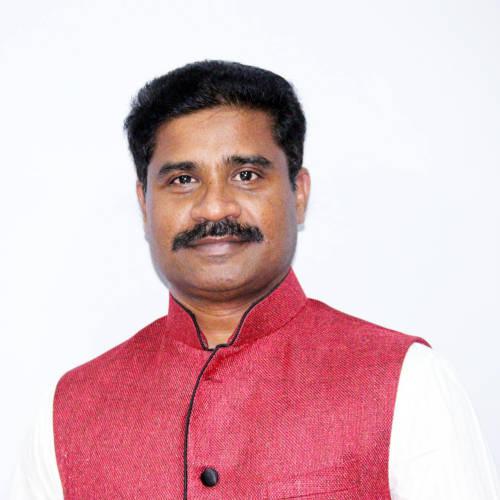Over the past 33 years, Bala Vikasa has grown into one of the leading NGOs in India, pioneering several innovative and successful community-driven sustainable development programmes in over 7,000+ villages across seven Indian states – including Andhra Pradesh, Telangana, Maharashtra Tamil Nadu and Karnataka. Over the years, the NGO, whose numerous high-impact programmes have inspired Central and state governments to launch several initiatives, like Telangana’s Mission Kakatiya and Sansad Adarsh Gram Yojna, has come up with several development projects in fields like women empowerment, water, education, agriculture, environment and model villages, impacting over 8 million lives. Bala Vikasa’s motto and guiding principle – ‘Helping Communities Help Themselves,’ and ‘Building Communities Before Building Projects’ – coupled with its unique 360° community-driven development approach, has placed communities, especially women, at the heart of all development activities. Notably, all these development programmes are aimed at empowering rural communities to steer their development by participating, designing, implementing and managing innovative and highly-sustainable development projects. Besides integrated community development, Bala Vikasa has also focussed on areas like capacity building, social entrepreneurship and business responsibility. Hyderabad-based Bala Vikasa has come a long way since it came into being in 1991 in Warrangal, as a sister NGO of the Canada-based NGO Sopar (Societe de Partage, which implements development programmes in India in the field of education, water and shelter through Indian partners). Sopar was founded in 1997 by India-born Bala T. Singareddy and her French-Canadian husband Andre Gingras, with a vision to ’Help Communities Help Themselves in creating an equitable and just societies in India. Building lasting relationships Bala Vikasa has built lasting relationships not only with thousands of communities but also over 30 CSR partners and 250 non-profit organisations over the years. It has been working extensively with government agencies, CSOs and several businesses, including reputed multi-national corporations, in conceptualising, designing and implementing high-impact CSR initiatives, since the CSR Act came into force in India in 2014. These partners include names like Franklin Templeton, Amazon, Danfoss, Grundfos, Pernod Ricard, Verizon, NTPC, SBI Foundation, Mahindra, Federal Bank, Aurobindo, HAL and CGI. The ISO-certified NGO, which is a winner of the Indian Institute of Corporate Affairs Award for the best models for CSR, has donors in UNICEF; Sopar Canada & the US; US Consulates, Hyderabad & Mumbai; Frank Water Projects, UK; Novara Centre Onlus, Italy; Manos Unidas, Spain; and School for Children, Italy. “At Franklin Templeton, we believe in helping people to achieve the things that are most important in their life,” says Jennifer M. Johnson, president-CEO, Franklin Templeton Investments. “And there is probably nothing more important than having clean water. So, being a part of this programme and partnering with an NGO (Bala Vikasa), knowing that we have helped 150 villages and over 300,000 people get clean water is something that is so core to the values of Franklin Templeton. We are honoured to be part of this programme”. “Managed by a team of competent development practitioners and supported by an extensive community network, Bala Vikasa has grown to be a formidable community development organisation over the years,” affirms Shoury Reddy, executive director, Bala Vikasa. “The 360-degree community-driven development approach of Bala Vikasa has placed communities at the heart of all development activities. We help them build upon their assets, build their capacities and ensure their active participation in all stages of development”.
-

Bala Vikasa’s CWPP projects are well recognised



































